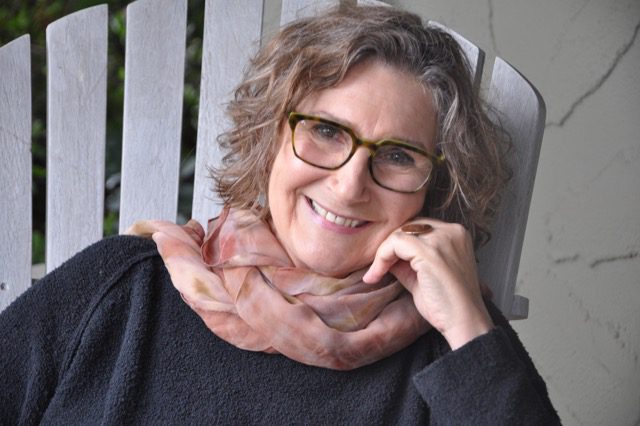Teaching acting classes and drama camps can be a great source of income for actors between gigs. Many actors have regular teaching positions to keep them afloat. But not all that can be done can be taught. A bad teacher can have a lifelong impact on young people, affecting both their academic training and their psyche.
If you’re unsure whether teaching acting is right for you or something you would like to pursue, consider the following.
What You’ll Find in This Article
- Why Do You Want to Teach Acting?
- Are You Good at Teaching Acting?
- Do You Actually Like Teaching Acting?
- Find the Thing That Lights You Up
- Make it About the Work, Not About the Students
Why Do You Want to Teach Acting?
Knowing why you want to teach is very important. Fundamentally, teaching is for other people. So if your motivation is self-centered, it won’t work. Be honest with yourself. If your answer is “it’s just a paycheck,” there are plenty of (better-paying) gigs with low to no risk of shattering young actors’ self-esteem.
If you view teaching as a reflection of your worth or skill, or if you’re merely trying to advance in your current theater, you’re not serving your class. You’ll burn out quickly, and you won’t be able to give the students the kind of ego-less focus they deserve.
Are You Good at Teaching Acting?
Many people are brilliant actors and can’t teach for the life of them. It takes more than just being good at the subject you’re teaching. You need to be able to communicate effectively across a range of learning styles and each step of the process. You have to have the patience to meet people where they are and recognize what progress looks like for them.
This is not to say you have to be a brilliant teacher instantly. Many things can only be learned on the job. At this point, I have taught, directed, and coached all ages from preschool to adult, and I still wince at some of my early blunders. The important thing is being able to learn from your mistakes and having the drive to be better next time.
This is another time to check the ego at the door. A good teacher must be able to take full accountability for their mistakes. If you’re consistently blaming the lack of progress on students, you should be questioning whether you’re communicating effectively.
Do You Actually Like Teaching Acting?
It’s ok if you don’t! It doesn’t mean anything about your skill as an actor. But teaching can be a frustrating, thankless, exhausting job with a meager paycheck, and unless you actually enjoy it, it will get old very quickly. Good teachers like teaching.
Once you know if you actually like teaching, find your limits. Teaching is something I genuinely find fulfilling, but I know my best age groups are 3rd-5th grade, high school, and adults. While I can and have taught kids younger than eight, it’s just not my best work, and I burn out quickly. I am also fully aware that I could never teach children full-time.
I excel in contained spurts – I can go all day for 3-4 week camps, or I can teach classes that meet a couple of times a week. But right now, that’s my limit. Teaching will likely always be supplementary for me, and that’s fine.
Find the Thing That Lights You Up
My absolute favorite thing as a teacher is making Shakespeare accessible to people who have never worked with the text or who feel intimidated by it. That sort of work is exciting and replenishing to me, and I could go on forever. A close second is coaching monologues and audition pieces. Knowing what I love helps me curate the work I take on, which keeps things sustainable.
Make it About the Work, Not About the Students
I could (and probably will) write a whole separate article on teaching tips, but if I had to give just one, this would be it. With acting, especially, too many instructors make it personal. Self-worth and identity often become intertwined with acting progress, potentially damaging the actor, the teacher and the work.
Each student’s success will look different. You have to invest in the learning process, rather than a preconceived notion of what the final product will look like.
Teaching has brought me a lot of joy over the years, and certainly helped me be a better actor and director. As long as you’re entering into it responsibly and with clear sight, it’s an excellent way to work in your field. Just keep challenging yourself and making sure you’re learning as well.
Final Takeaways
Teaching acting can be a rewarding way to stay connected to your craft and support yourself between gigs, but it demands honesty, patience and a genuine love for the process. It’s not just about sharing skills, it’s about nurturing others without ego and focusing on the work itself.
If you’re considering teaching, here are some key takeaways to keep in mind as you step into this role.
- Teaching should be about serving your students, not just earning a paycheck or boosting your ego.
- Being a great actor doesn’t automatically make you a great teacher. Learn to meet students where they are.
- Take responsibility for your teaching mistakes and avoid blaming students for lack of progress.
- Identify the age groups and teaching formats that energize you to avoid burnout.
- Invest in the learning process rather than fixed ideas of what success looks like for each student.
You may also like:














